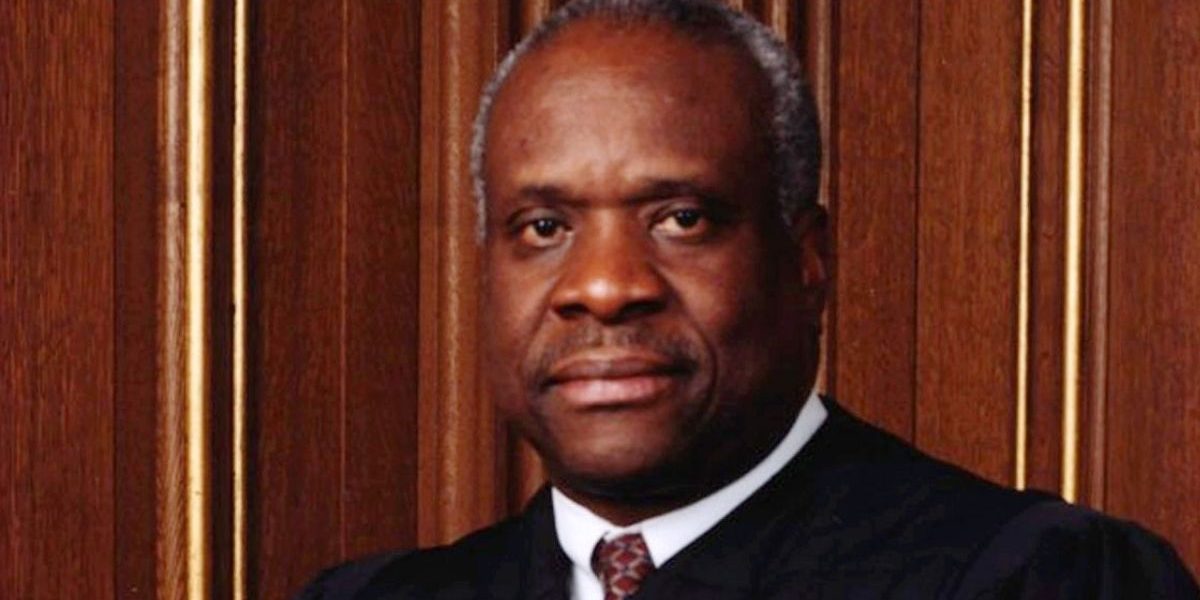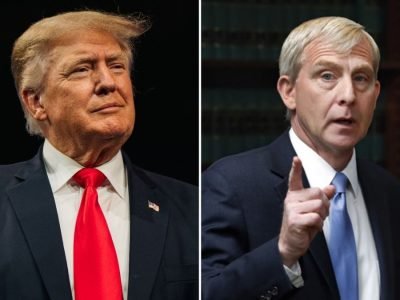Justice Clarence Thomas lays groundwork for moderating Twitter

In a response to a petition on Monday, Supreme Court Justice Clarence Thomas laid out a comprehensive constitutional framework for regulating Twitter moderation.
Signalling that Thomas and other conservatives are eager to take action against social media platforms, Thomas in a written response to a case argued that President Trump was violating the First Amendment by blocking critics on Twitter. With the federal appeals court ruling in favour of the institute which had brought the case in 2017, Columbia Institute’s Knight First Amendment Institute, and the White House declining to contest the ruling, the case had been dropped. Yet, since the appeal was filed when Trump was President, the court had to formally respond.
Justice Thomas used the Trump case as an opportunity to weigh in on more profound issues facing social media platforms. Thomas’ response focuses primarily on Twitter’s decision to ban Trump from the platform in the wake of the Capitol riot.
Although the ban was uncontested, it was still seen as politically controversial, especially among American Conservatives.
Thomas used the Knight case as a pretext to examine the issue of how the courts could legally restrain platform moderation without violating the First Amendment.
Similar to the ways that the Telecommunication Act prevents phone companies from blocking specific people from phone service, or the public accommodations clause of the Civil Rights Act that prevents hotels and restaurants from barring service on the basis of race or creed, Thomas argues that lawmakers could use the scale and public nature of platforms to justify new moderation rules.
“Even if digital platforms are not close enough to common carriers, legislatures might still be able to treat digital platforms like places of public accommodation,” Thomas continues. “The similarities between some digital platforms and common carriers or places of public accommodation may give legislators strong arguments for similarly regulating digital platforms.”



